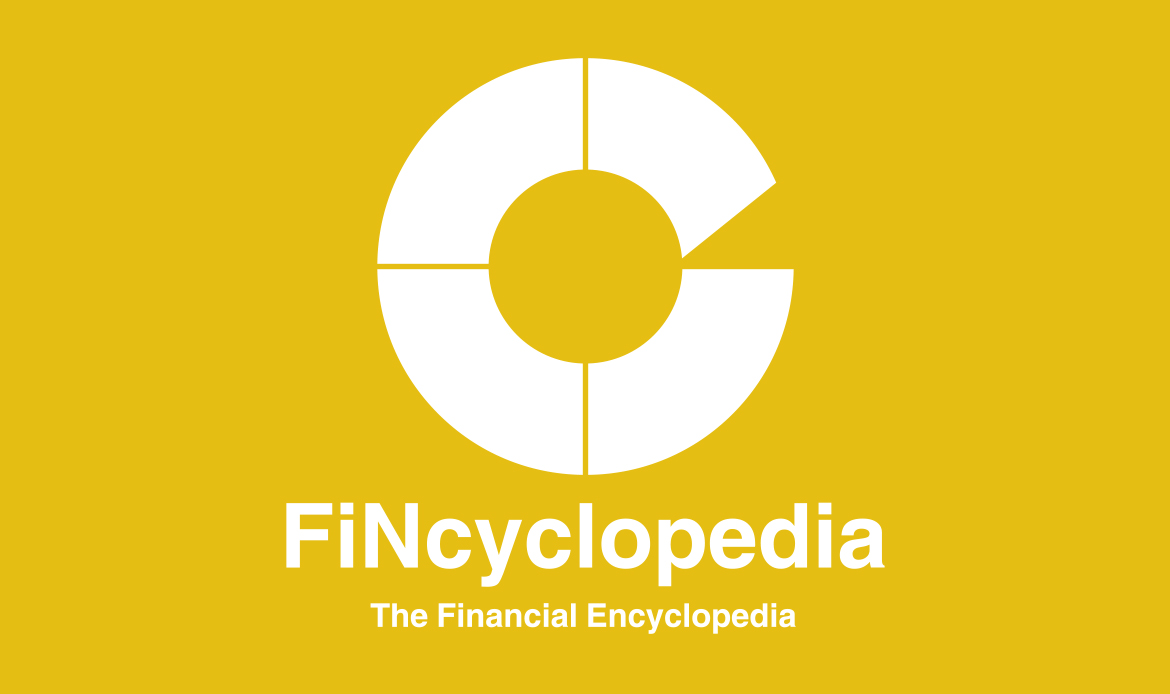A mathematical model which is designed and used to figure out the optimal (theoretical) value of an option based on a set of factors, assumptions or approaches. Measuring the optimal price of options is much more difficult than pricing other types of financial instruments such as stocks or bonds. The variables needed to price an option contract vary across different models. Nevertheless, the key variables which unanimously claimed wide acceptance in the realm of option pricing are: underlying asset price, variance of the underlying asset price, strike price, time to maturity, and risk-free interest rate.
The most commonly used option pricing models include:
- The Black-Scholes model.
- The Cox-Ross-Rubinstein model.
- The binomial model.
- The trinomial model.
- The yield-curve pricing model (specifically the Black-Derman-Toy model).
- The GARCH option pricing model.
- The Exponential GARCH (EGARCH) model.
- The range-based EGARCH model (REGARCH).



